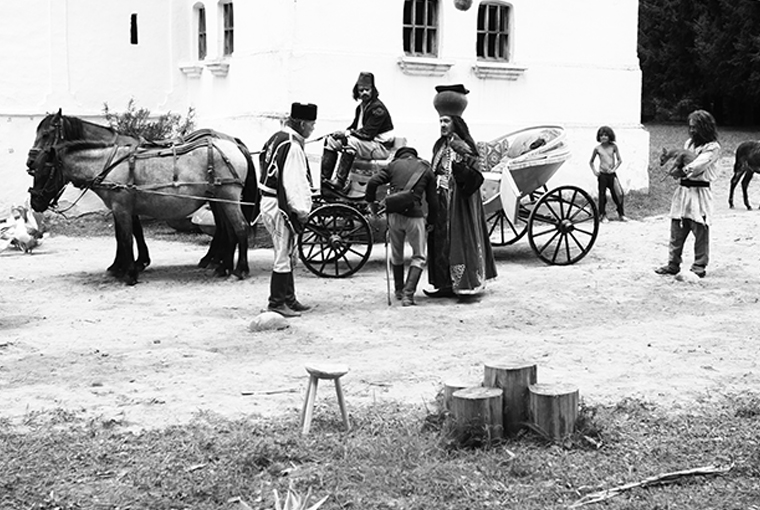
Othering, the act of defining oneself against others and thereby rendering those others different from the self, is a term which was only coined in the 20th century. It was Jacques Lacan who introduced the Other as a key term into psychoanalysis, notably to account for its role in the structure of desire, and later Gayatri Spivak and Edward Said described the process of Othering in relation to Colonialism and Orientalism respectively. Having said that, one needn’t look far to find historical accounts of Othering dating back all the way to ancient times. The Romans famously used the term “Barbarians” to denote all non-Romans, and the Spartans’ humiliating treatment of the Helots, an enslaved people with whom they shared an ethnic and linguistic background, is only an especially brutal account of the way the Greeks distinguished between their male citizens and others, be it metics (alien residents), women or slaves. In short, it is safe to assume that Othering is as old as mankind and neither confined to our time, nor to Western civilization for that matter. In addressing Othering in this month’s issue, we want to oppose the impression that that phenomenon is but a remnant of Colonial times by trying to account for its universal applicability. Our issue is being published on the occasion of this year’s edition of the goEast film festival (April 20-26) that has dedicated its side section Beyond Belonging to opposing othering.
***
Moritz Pfeifer saw Bobo Jelčić’s A Stranger and Ognjen Glavonić’s Depth Two, two Balkan productions that share an Antigonean theme: how can something that never had a right to exist, be recognized as a loss? Guest contributor Susanne Kappesser looks at three films that deal with gender and sexuality by juxtaposing the inner and outer worlds of individuals struggling with heteronormativity. Julia Zelman focuses on Elżbieta Benkowska’s segment from the collaborative feature New World, in which a most positive emotion – compassion for foreigners – is put to a test. Patricia Bass analyzes Andrei Kutsila’s documentary Guests about a Belorussian refuge for the poor, while Colette de Castro discusses discrimination against Roma children through an analysis of Myra Fornay’s My Dog Killer and Radu Jude’s Aferim!. Lastly, Greg De Cuir revisited the Short Film Program of Beyond Belonging which he himself curated.
Earlier this month, we also reported from the Vilnius Film Festival (March 31-April 14), which we visited on the occasion of our Baltic focus 2016. Our most recent addition to the coverage was a review of Nikola Ljuca’s Humidity, an impressive debut feature that unmasks the hypocrisy of Serbia’s elite.
We hope you enjoy our reads.
Konstanty Kuzma & Moritz Pfeifer
Editors




Leave a Comment